38 nutrient cycle diagram
The vector stencils library "Citric acid cycle (TCA cycle)" contains 26 symbols of metabolites for drawing metabolic pathway maps and biochemical shematic diagrams of the citric acid cycle (TCA cycle, tricarboxylic acid cycle, Krebs cycle) and diagrams of metabolism processes. "The citric acid cycle - also known as the... Nutrient Cycles 7. Extension Questions. 28. Plants and animals are part of all of the nutrient cycles through the foods they eat and what eats them (food chains and food webs). Name the four classes of organic compounds (containing . carbon) and explain how the carbon cycle and nitrogen cycle contribute to the usable supplies of these ...
Nutrient Cycle Booklet Create a booklet highlighting the 5 major biogeochemical Cycles in the Marine Environment Including: Biological use of each nutrient processes in the ecosystem that effect its availability A diagram of the cycle 1. Nitrogen- 2 pages 2. Carbon- 2 pages 3. Phosphorus- 1 page 4. Magnesium- 1 page 5. Calcium- 1 page

Nutrient cycle diagram
FULL STORYThis diagram shows an interlinked system of animals that carry nutrients from ocean depths to deep inland -- through their poop, urine, and, upon death... However, massive declines and extinctions of many of these animals has deeply damaged this planetary nutrient recycling system, a team of scientists reported... Nutrient cycling involves various factors such as biotic, abiotic, chemical and physical factors. Examples of nutrient cycles are the carbon cycle, oxygen cycle, nitrogen cycle, water cycle, phosphorus cycle, etc. Types of Nutrient Cycle. There are three types of nutrient cycles that are observed in an ecosystem-based on their reservoirs. Browse 94 nutrient cycle diagram stock photos and images available, or start a new search to explore more stock photos and images. business infographics and icons | eps10 - nutrient cycle diagram stock illustrations. colorful pie chart collection with 3,4,5,6 and 7,8 sections or steps - nutrient cycle diagram stock illustrations.
Nutrient cycle diagram. Start studying Core Biology - Exam 2 - Nutrient Cycle. Learn vocabulary, terms, and more with flashcards, games, and other study tools. In some sites, increased soil P more than doubled plant P concentrations, but this concentration varied substantially from site to site (). Furthermore, seabirds and marine mammals play an important role as nutrient vectors aiding in the redistribution of micronutrients, such as iron (Fe) ( ... ADVERTISEMENTS: Nitrogen being 79 per cent of the atmosphere, the atmospheric phase is predominant in the global nitrogen cycle. It is required by organisms in the synthesis of proteins, nucleic acids, and other nitrogenous compounds. Atmospheric nitrogen serves as the ultimate source. But aerial nitrogen, the most abundant component of air, is rather inert chemically […] - model of nutrient storage and flow for terrestrial ecosystem Nutrients are stored in one of 3 sinks Taiga Biomass - total mass of living organisms (mainly plant tissue) in a given area Soil - the top layer of the earth that is composed of disintegrated rock particles - Most
Rainforest nutrient cycle. The rainforest nutrient cycling is rapid. The hot, damp conditions on the forest floor allow for the rapid decomposition of dead plant material. This provides plentiful ... Basic Plant Nutrient Cycle. Figure 1. This diagram illustrates how most nutrients within forest ecosystems are cycled within the system. Source: US Geological Survey. The basic plant nutrient cycle highlights the central role of soil organic matter. Cycling of many plant nutrients, especially N, P, S, and B, closely follows parts of the carbon ... - Consumers cycle C up a food chain; ultimately respire CO2.-C is tied up 100s of years in trees and millions of years in coal.-Burning fossil fuels (coal, oil), and natural gas, releases CO2. - Gersmehl diagram- shows the inter-relationships between nutrient stores and flows. The nutrient cycle can be gaseous cycle in which the materials involved in circulation between living and nonliving components are gasses or vapours. (ii) The carbon cycle is the pathway through which the cycling of the carbon molecules occurs from the atmosphere to biosphere to geosphere and again back in the same process.
Nutrient Cycles; Energy & Biomass; References & videos; Carbon cycle. In the diagram above, it demonstrates the carbon cycle. The carbon cycle is actually a big necessity in the taiga biome because of the large vegetation species. The Carbon cycle creates a steady amount of carbon available in the environment, helping plants when ever ... A nutrient cycle (or ecological recycling) is the movement and exchange of organic and inorganic matter back into the production of matter. Energy flow is a unidirectional and noncyclic pathway, whereas the movement of mineral nutrients is cyclic. Mineral cycles include the carbon cycle, sulfur cycle, nitrogen cycle, water cycle, phosphorus cycle, oxygen cycle, among others that continually ... The vector stencils library "Citric acid cycle (TCA cycle)" contains 26 symbols of metabolites for drawing metabolic pathway maps and biochemical shematic diagrams of the citric acid cycle (TCA cyc... Summary: Students will explore the nitrogen cycle by creating a diagram with magnets and by taking on the role of a nitrogen atom traveling through the nitrogen cycle. A discussion at the end of the lesson will ask students to consider how humans impact the nitrogen cycle. Topic: nutrients, cycles, nutrient cycles, nitrogenTopic: , ecosystem
Nitrogen cycle diagram. Nitrogen Cycle Definition "Nitrogen Cycle is a biogeochemical process which transforms the inert nitrogen present in the atmosphere to a more usable form for living organisms." Furthermore, nitrogen is a key nutrient element for plants. However, the abundant nitrogen in the atmosphere cannot be used directly by ...
Phosphorus cycle __, __, 4. Nitrogen Cycle __, __, 5. Carbon Cycle A. clouds B. underground and buried deep C. phosphate rocks D. lightning E. photosynthesis A. oxygen B. nitrate C. guano D. sulfate E. rain Activity 3 - ONE-TWO-THREE Identify the nutrients that go cycling in the following. 1. Carbon Cycle - 2. Water Cycle - 3. Sulfur Cycle ...
COMPROMISED HYDROLYSIS OF TRIACYLGLYCEROLS7 (CHT7) in Chlamydomonas ( Chlamydomonas reinhardtii ) was previously shown to affect the transcription of a subset of genes during nitrogen (N)-replete growth and following N refeeding. Here, we show that an extensive derepression of genes involved in DNA metabolism and cell cycle–related processes, as well as downregulation of genes encoding oxidoreductases and nutrient transporters, occurs in the cht7 mutant during N deprivation. Cellular mutant ph ...
Dismiss Home News Declines in whales, fish, seabirds and animals disrupt Earth’s nutrient cycle Declines in whales, fish, seabirds and animals disrupt Earth’s... A diagram shows a potential route of nutrient transport of the planet in the past. The researchers calculate that in the past, seabirds and fish populations could... Earth's 'nutrient arteries' 12 Aug 2013 Further information: Full research paper Dr Chris Doughty...
carbon cycle. On average, 10to 10 grams (10–100 million metric tons) of carbon move through the slow carbon cycle every year. In comparison, human emissions of carbon to the atmosphere are on the order of 10 grams, whereas the fast carbon cycle moves 10 to 10 grams of carbon per year. The movement of carbon from the...
The Carbon Cycle Oxygen released by plants is breathed in and combined with carbon, resulting in carbon dioxide. This nutrient cycle begins with photosynthesis, the process by which plants, algae, and some bacteria use energy from sunlight to combine carbon dioxide (CO 2) from the atmosphere and water to form sugars, starch, fats, proteins, and other compounds that they use to build cells or ...
Nutrient stores 1. This diagram illustrates the general model of a nutrient cycle. What types of human activities can affect a nutrient cycle? 2. How do these human activities affect a nutrient cycle? 3. On the diagram above, add terms and arrows that could represent the effects of human activity on a nutrient cycle. 4.
The nutrient cycle in the rainforest is an excellent example of interdependence. the diagram above shows the links between different stores of nutrients in the rainforest. Decomposers rely on fallen leaves, branches and dead animals to thrive.
The nitrogen cycle diagram is an example of an explanatory model. Diagrams demonstrate the creativity required by scientists to use their observations to develop models and to communicate their explanations to others. Students may enjoy experimenting with components of the nitrogen cycle in the student activity, Take a closer...
This is a diagram of the nitrogen cycle. Which statement about this cycle is false? ? Plants but not animals are part of the nitrogen cycle ? Bacteria convert nitrogen gas into a form in which it can be used as a plant nutrient ? The nitrogen cycle requires nitrogen-fixing bacteria ? ...
determining nutrient profiles and cycling in stream sediments† Jianyin Huang, ab Hannah Franklin, c Peter... Welsh d Author affiliations Abstract Determining inorganic nutrient profiles to support understanding of... The study indicated that benthic microalgae had direct and indirect influences on porewater nutrient... Publishing Journals Books Databases Search Advanced Log in / register About Cited by Related Buy this article...
Elements within biogeochemical cycles flow in various forms from the nonliving (abiotic) components of theto the living (biotic) components and back. In order for the living components of a major (e.g., a or a ) to survive, all thethat make up living must be recycled continuously. Each biogeochemical cycle can be considered as...
Science students’ misconceptions of the water cycle according to their drawings., 865–873 (2009).Ben-zvi-Assarf, O. & Orion, N. A study of junior high... Multiple stressors on water availability at global to catchment scales: understanding human impact on nutrient cycles to protect water quality and water availability in...
Annual mass drownings of the Serengeti wildebeest migration influence nutrient cycling and storage in the... influence nutrient cycling and river food webs at decadal time scales. Similar mass drownings may have... nutrient cycling; stable isotope PMID: 28630330 PMCID: PMC5530641 DOI: 10.1073/pnas.1614778114 [Indexed for... and nutrient inputs from large wildlife influence... 2011] Review Consumer-driven nutrient dynamics in...
Nutrient cycles and global ecosystems. Test your knowledge of nutrient cycles and global ecosystems with this 15-question GCSE quiz. If you haven't already done it, work through the nutrient cycle web enquiry on the PowerPoint. Or do it again to help fill in any gaps in what you know! open powerpoint. Start quiz.
A nutrient cycle refers to the movement and exchange of organic and inorganic matter back into the production of living matter. The process is regulated by the food web pathways previously presented, which decompose organic matter into inorganic nutrients. Nutrient cycles occur within ecosystems. Nutrient cycles that we will examine in this ...
Nutrient cycling is one of the most important processes that occur in an ecosystem. The nutrient cycle describes the use, movement, and recycling of nutrients in the environment.
During the biochemical cycle, the nutrient characteristic is changed by the oxidation-reduction process caused by microorganisms involved in the nutrient cycle. Sulfur is an abundant element found on earth crust as well as deep oceans; this nutrient is cycled in the oxidized and reduced valence state, by the process of sulfur cycle.
Nutrient cycles move nutrients through living things, the Earth, and atmosphere. The carbon cycle involves uptake of carbon dioxide by trees and the release of carbon to the Earth through ...
A nutrient budget is a quantitative (numerical) estimate of the rates of nutrient input and output to and from an ecosystem, as well as the amounts present and transferred within the system. The major elements of a nutrient cycle are shown in Figure 5.1. The outer boundary of the diagram defines the limits of an ecosystem.
Research Article Annual mass drownings of the Serengeti wildebeest migration influence nutrient cycling and... Bones decompose over years, which may influence nutrient cycling and food webs in the river on decadal time... influence nutrient cycling and river food webs at decadal time scales. Similar mass drownings may have... drowning nutrient cycling Serengeti wildebeeststable isotope Download figure Open in new tab Download...
Explore this interactive diagram to learn more about the global carbon cycle.
Nutrient Cycling Coordinating Lead Authors: Patrick Lavelle, Richard Dugdale, ... Fluxes Resulting from Anthropogenic Acceleration of Cycle* 12.4 Schematic Diagram of Main Parts of Global Phosphorus Cycle 12.5 Main Pools and Fluxes in Global Sulfur Cycle *This appears in Appendix A at the end of this volume.
Nutrient Cycle Definition. "A nutrient cycle is defined as the cyclic pathway by which nutrients pass-through, in order to be recycled and reutilised. The pathway comprises cells, organisms, community and ecosystem.". In the process, nutrients get absorbed, transferred, released and reabsorbed. It is a natural recycling system of mineral ...
This interactive diagram demonstrates the three different factors that affect potassium (K) within the potassium cycle - inputs to the soil, losses from the soil and components in the soil. Click on the MORE buttons below for further information on each factor.
Browse 94 nutrient cycle diagram stock photos and images available, or start a new search to explore more stock photos and images. business infographics and icons | eps10 - nutrient cycle diagram stock illustrations. colorful pie chart collection with 3,4,5,6 and 7,8 sections or steps - nutrient cycle diagram stock illustrations.
Nutrient cycling involves various factors such as biotic, abiotic, chemical and physical factors. Examples of nutrient cycles are the carbon cycle, oxygen cycle, nitrogen cycle, water cycle, phosphorus cycle, etc. Types of Nutrient Cycle. There are three types of nutrient cycles that are observed in an ecosystem-based on their reservoirs.
FULL STORYThis diagram shows an interlinked system of animals that carry nutrients from ocean depths to deep inland -- through their poop, urine, and, upon death... However, massive declines and extinctions of many of these animals has deeply damaged this planetary nutrient recycling system, a team of scientists reported...



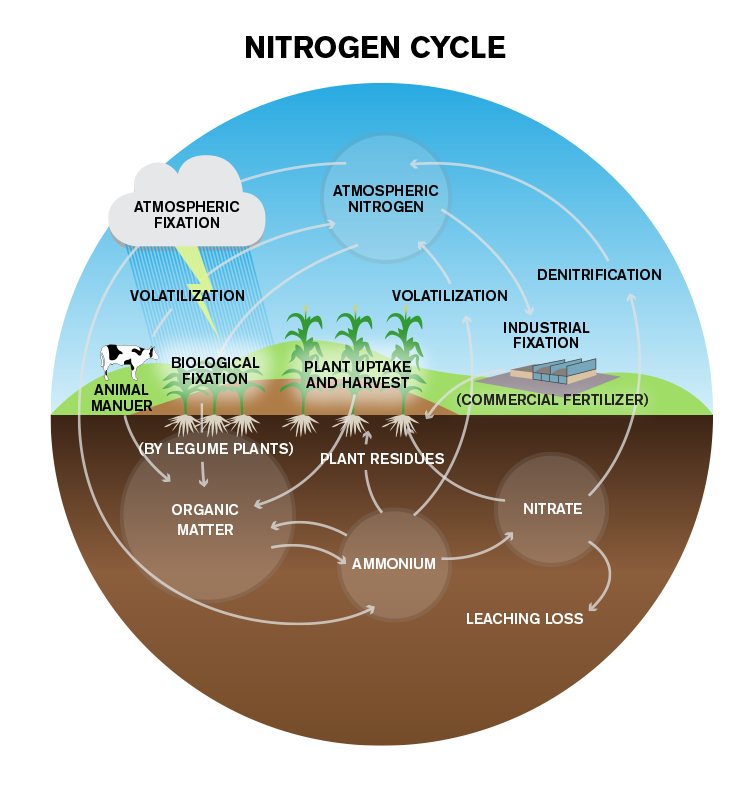

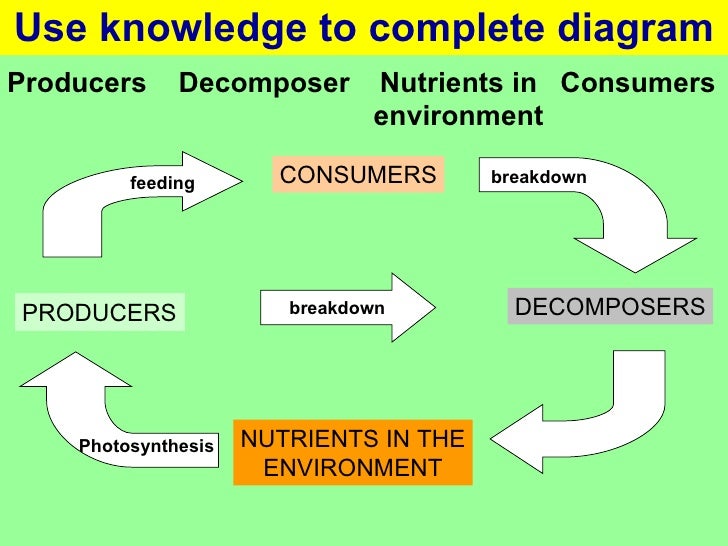


![Nutrients Cycle - [PPT Powerpoint]](https://reader016.documents.pub/reader016/slide/20190527/5572026f4979599169a3805f/document-13.png?t=1608603494)


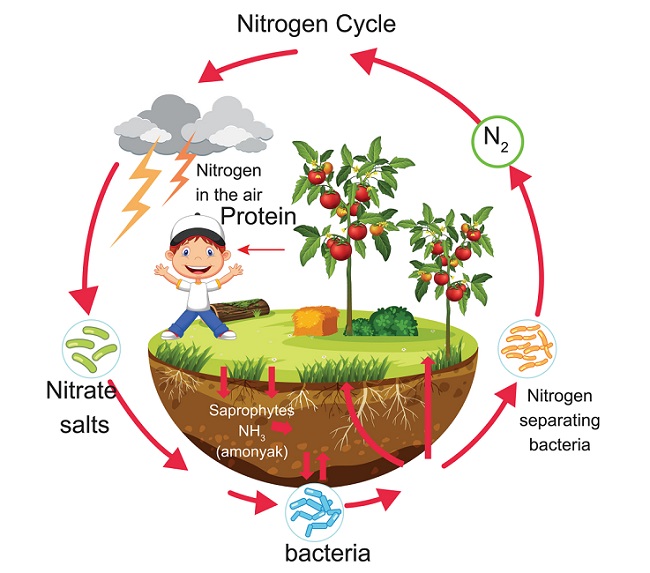

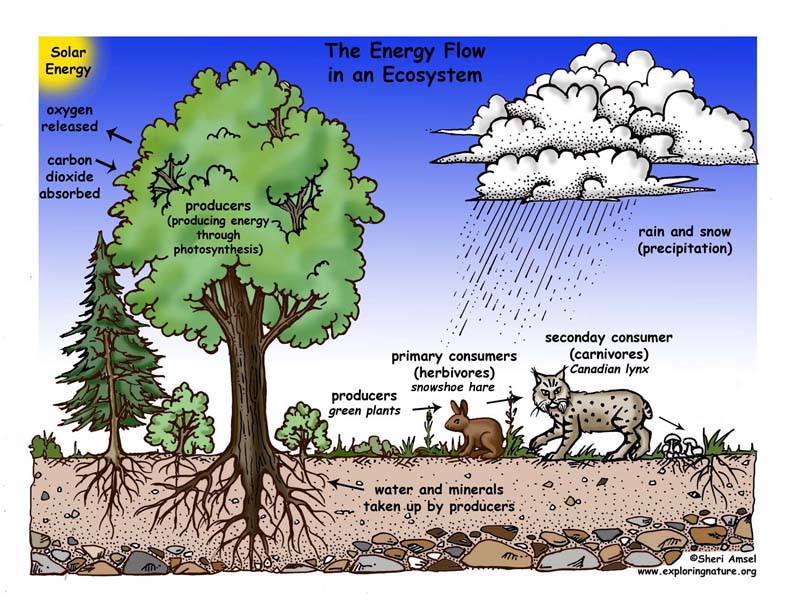

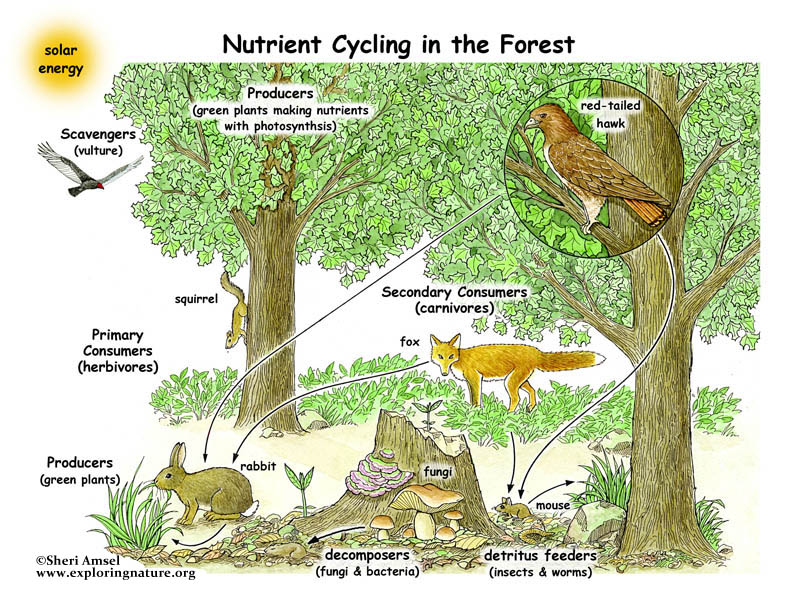
/cdn.vox-cdn.com/uploads/chorus_asset/file/6312317/shutterstock_381527194.jpg)

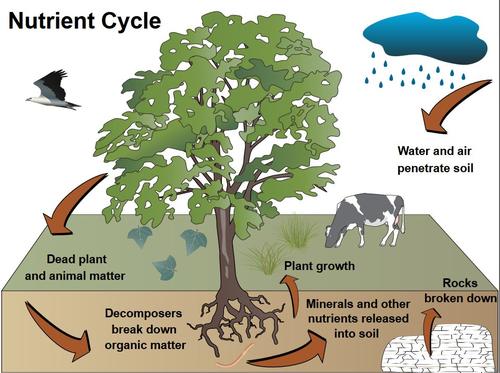
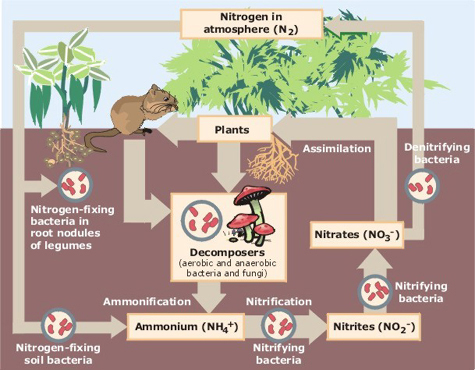

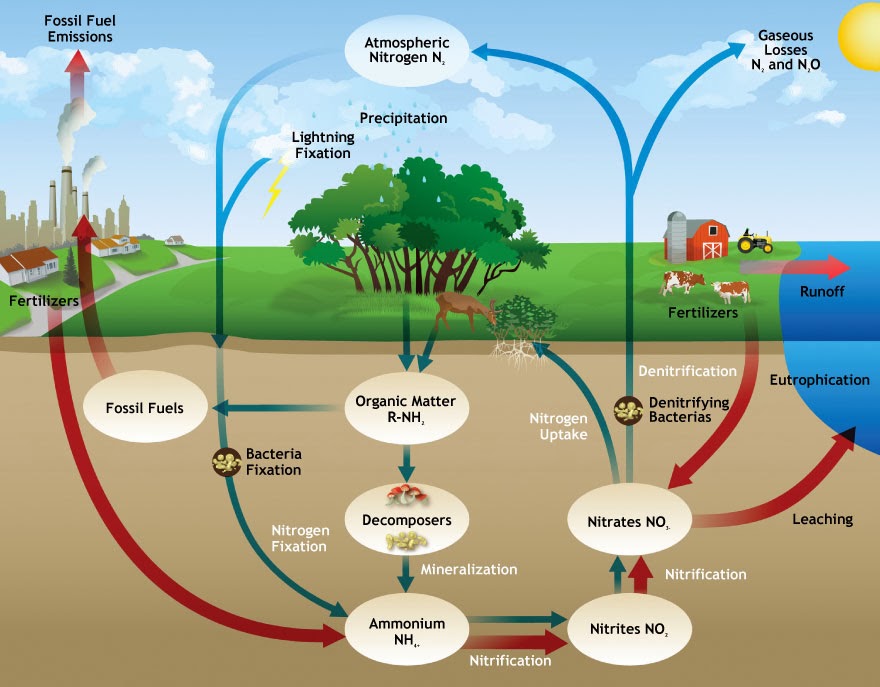


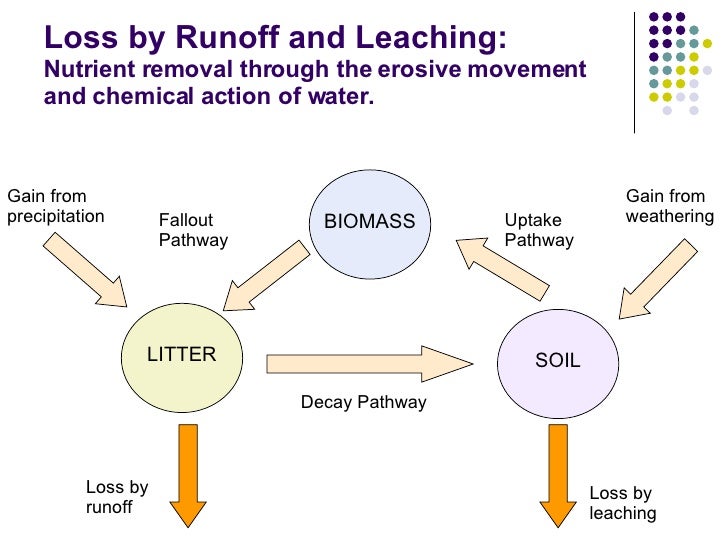
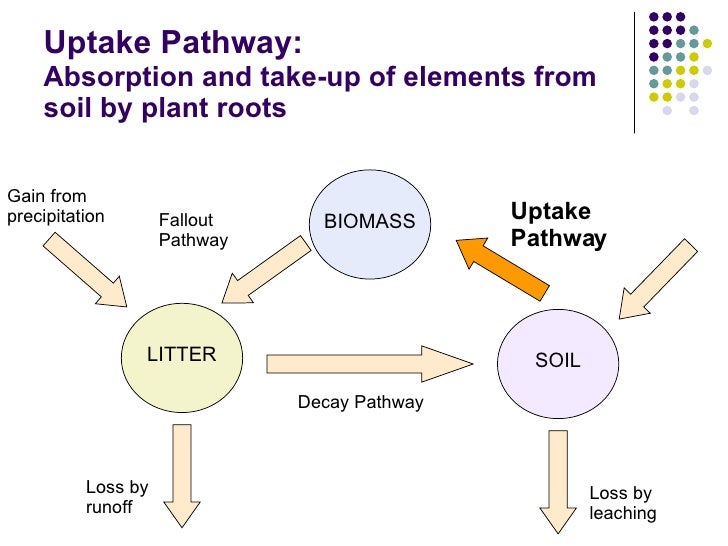
Comments
Post a Comment